Mozambique: Quissanga administrator denies that teachers are forced to work in unsafe areas
Mozambique: Nyusi receives catholic bishops – Watch
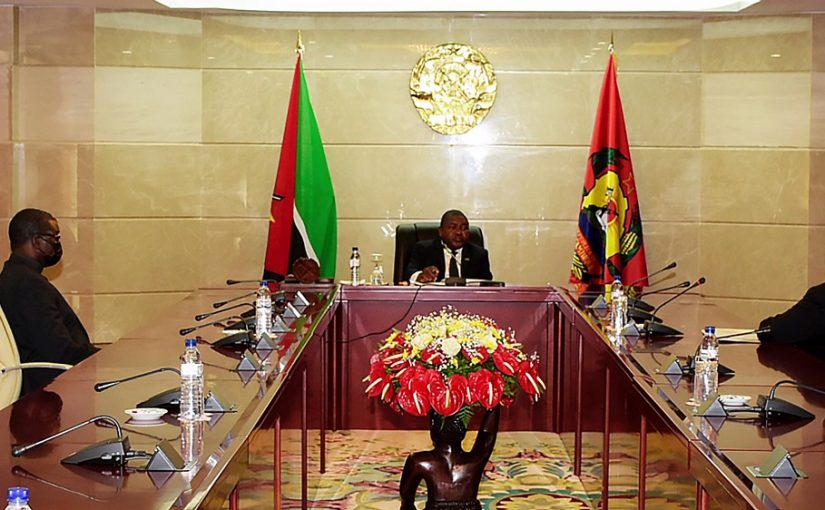
Photo: TVM
Mozambican President Filipe Nyusi on Thursday received the country’s catholic bishops in an audience requested by the bishops “to discuss matters of a social nature”.
Speaking after the audience, the Bishop of Xai-Xai, Lucio Muandula, who is the current chairperson of the Episcopal Conference of Mozambique (CEM), Nyusi showed that “he is very attentive to the needs of young people”.
Cited in a statement from Nyusi’s office, Muandula said “the Chuch would like young people to live a different life from the one they are living now, and so we are encouraging the people, particularly the youth, to cultivate their hopes and dreams and work for them to come true”.
The bishop said the meeting was cordial and helped the Church to understand matters it had not previously been aware of. “From the start the President showed good sensitivity, because the range of matters under discussion expanded during the conversation and the CEM left the meeting satisfied”, he said.
“It was a private meeting that we requested to talk with the President and to bring some opinions of the Episcopal Conference about the situation of the country in various areas, but we ended up touching on matters concerning the situation of society at large and of the Church in particular”, said Muandula.
According to the statement, Nyusi thanked the bishops for informing him of the results of the recent meeting of the Episcopal Conference. He praised the CEM for its concern “to seek collective solutions for the country, contributing, as part of society, to meet the challenges that the country faces”.
Although not mentioned in the statement from Nyusi’s office, the meeting followed a declaration by the Catholic bishops on 16 April claiming that behind the conflict with islamist terrorists in the northern province of Cabo Delgado “there are interests of … certain groups taking over the nation and its resources. Instead of being put at the service of local communities and becoming a source of sustenance and development, these resources are taken away with a total lack of transparency, fuelling revolt and resentment, especially in the hearts of the young.”
“It is urgent to create more jobs and development opportunities for all, particularly for young people, and to this end, to apply locally the gains from the natural resources available,” the bishops said.
“We recognise that one of the main reasons why our young people have allowed themselves to be enticed to join the insurgency [is that] there is no opportunity to build a dignified life. They feel that society and decision-makers ignore their suffering and do not listen to their voices. It is easy to lure people who are full of life and dreams, but without prospects and who feel like victims of a culture of corruption.”
The bishops do not explain what they mean by “certain groups”, or what resources are supposedly being taken away.
The main natural resource in northern Cabo Delgado is the offshore deposits of natural gas. But if the bishops think this resource is “available”, they are much mistaken: it is still at the bottom of the sea, and the recent terrorist attacks against the town of Palma, have postponed, perhaps indefinitely, the construction of natural gas liquefaction plants.


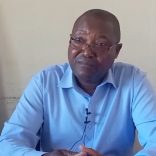
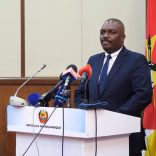


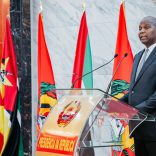
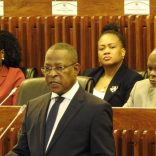




Leave a Reply
Be the First to Comment!
You must be logged in to post a comment.
You must be logged in to post a comment.